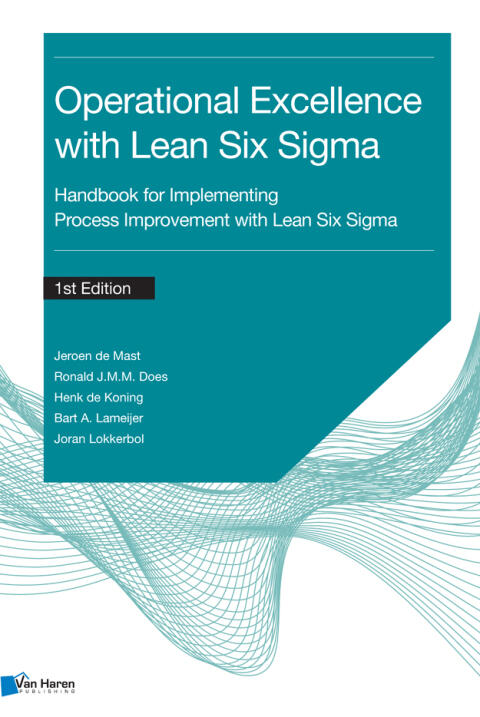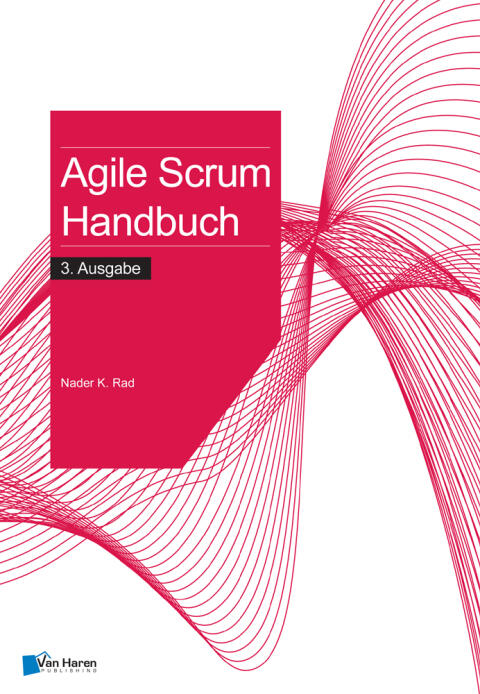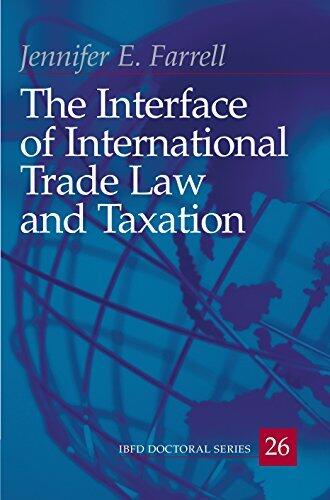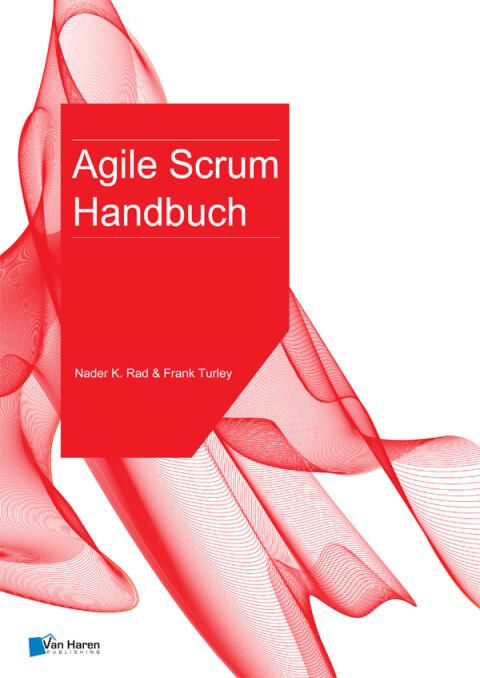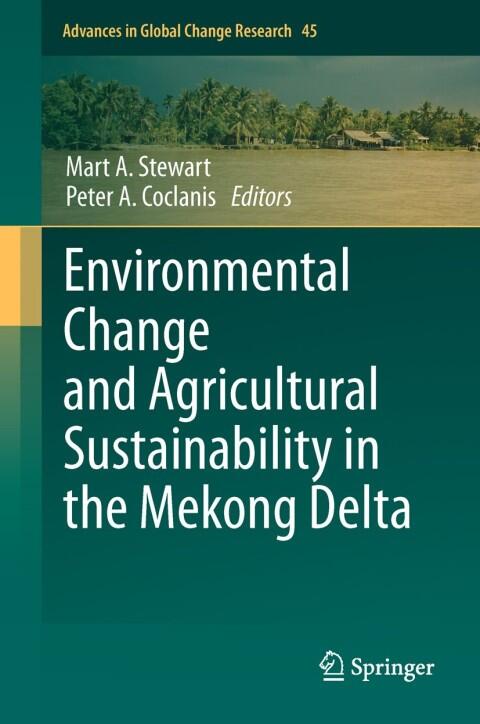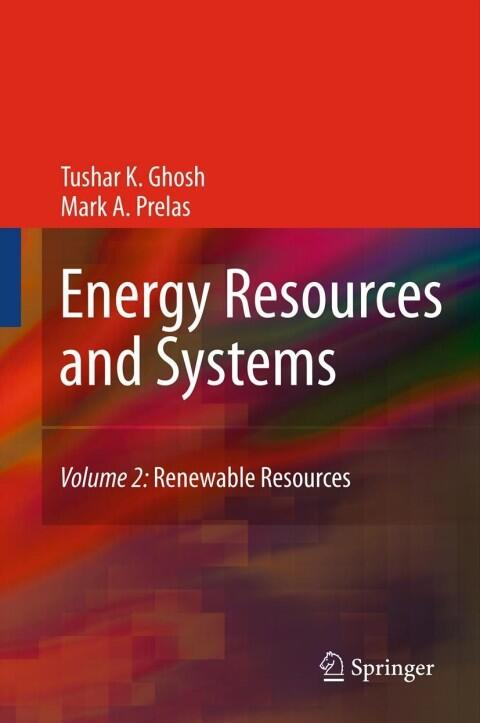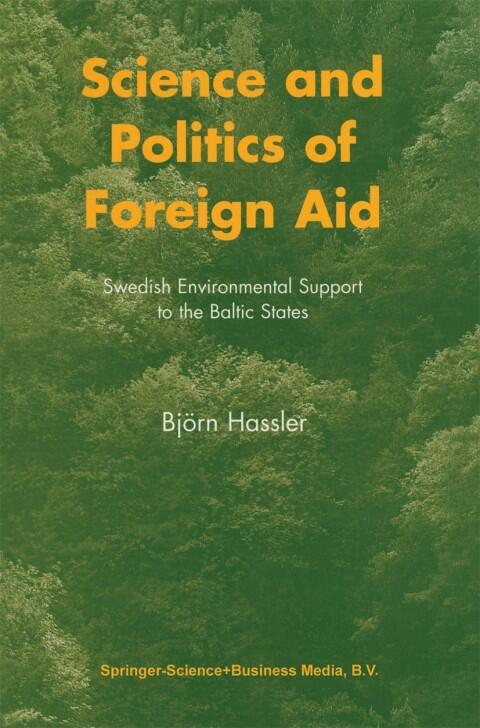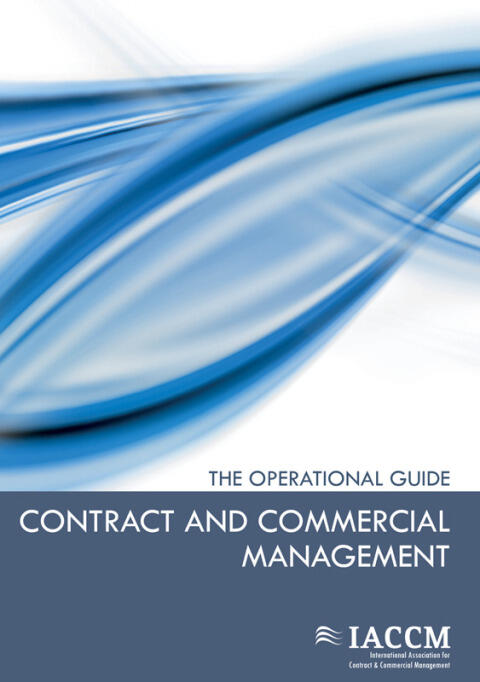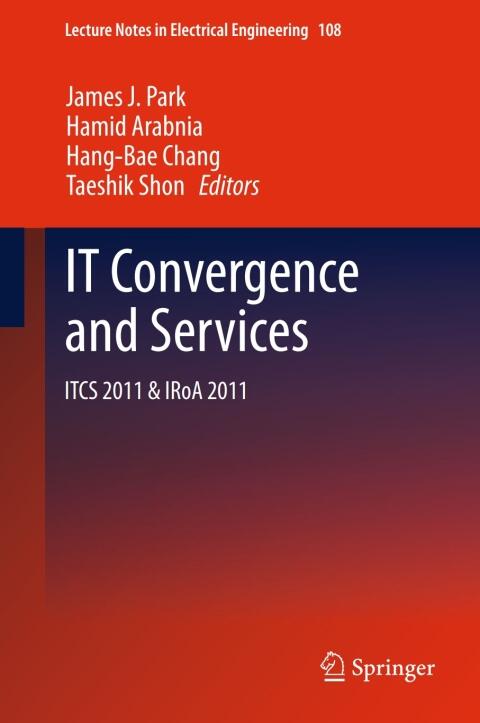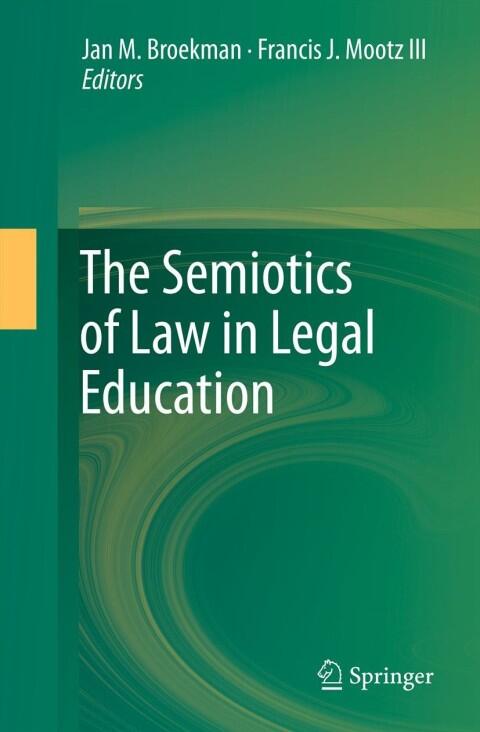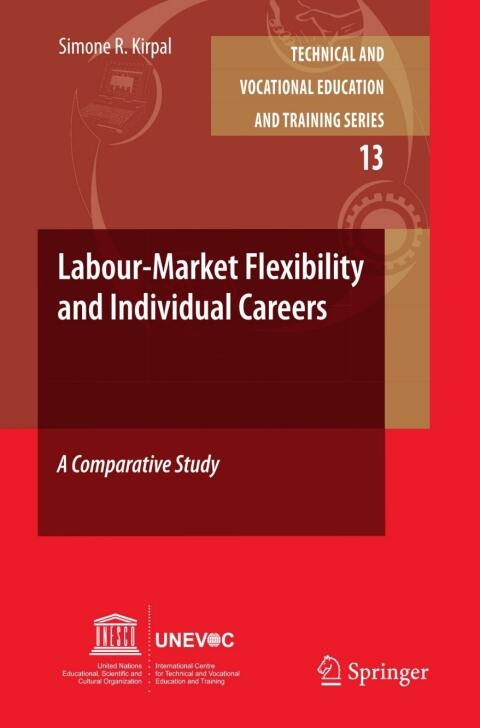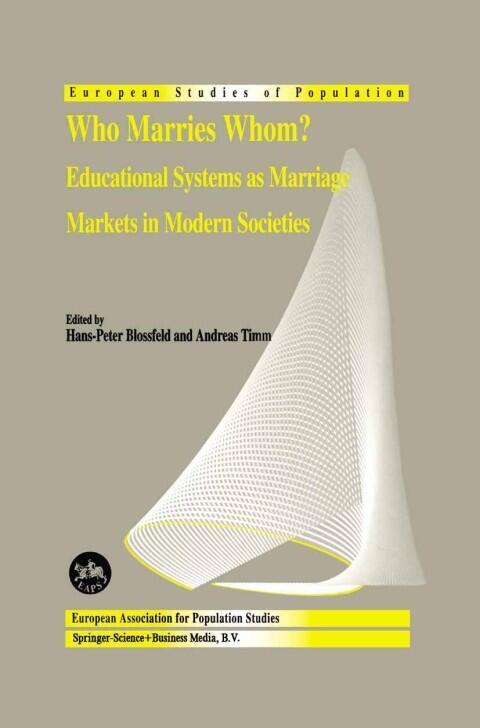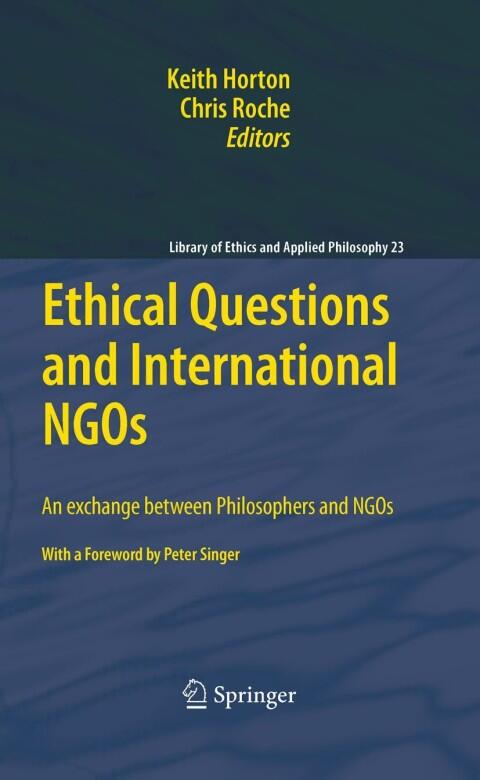
Ethical Questions and International NGOs: An exchange between Philosophers and NGOs
بواسطة
Cameron M Smith; Evan T. Davies
لا توجد تقييمات بعد
Business & Economics
Philosophy
تنسيق
كيندل
صفحات
252
لغة
الهولندية، الفلمنكية
منشور
Jan 1, 2010
الناشر
Springer
الطبعة
2010
رقم ISBN-10
9048185920
رقم ISBN-13
9789048185924
الوصف
In a rapidly evolving world where international non-governmental organizations (NGOs) play a pivotal role, this insightful exploration delves into the complex ethical dilemmas these entities face. Through a compelling dialogue between philosophers and practitioners in the NGO sector, the discourse sheds light on the moral implications of their operations in diverse global contexts. This exchange not only highlights the challenges but also the responsibilities that come with such influential positions.
As the authors navigate through various case studies and ethical frameworks, they present questions that provoke meaningful reflection on the nature of altruism, accountability, and resource distribution. The nuanced perspectives offered by philosophers juxtapose the practical experiences of NGO representatives, creating a rich tapestry of thought that encourages a deeper understanding of the motivations that drive humanitarian work.
The dialogue emphasizes the importance of ethical considerations in decision-making processes, urging a reevaluation of existing paradigms. Readers are invited to ponder the balance between ideals and practical realities, granting them a fascinating glimpse into the moral landscape that governs international efforts for social good.
Whether one is an ethical theorist, an NGO worker, or simply an interested observer, this examination serves as a vital resource, pushing the boundaries of contemporary discourse on ethics and international engagement.
As the authors navigate through various case studies and ethical frameworks, they present questions that provoke meaningful reflection on the nature of altruism, accountability, and resource distribution. The nuanced perspectives offered by philosophers juxtapose the practical experiences of NGO representatives, creating a rich tapestry of thought that encourages a deeper understanding of the motivations that drive humanitarian work.
The dialogue emphasizes the importance of ethical considerations in decision-making processes, urging a reevaluation of existing paradigms. Readers are invited to ponder the balance between ideals and practical realities, granting them a fascinating glimpse into the moral landscape that governs international efforts for social good.
Whether one is an ethical theorist, an NGO worker, or simply an interested observer, this examination serves as a vital resource, pushing the boundaries of contemporary discourse on ethics and international engagement.
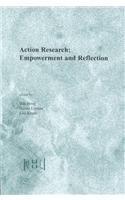
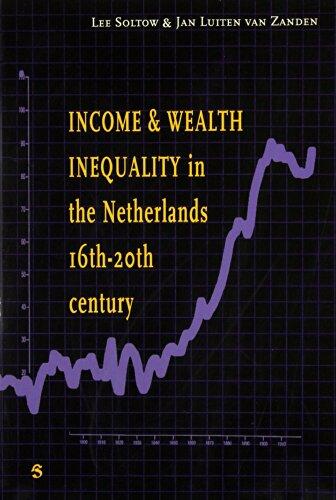
![[Ethical Principles and Economic Transformation - A Buddhist Approach (Issues in Business Ethics)] [Author: x] [May, 2011]](https://images.bookpine.com/bd815e9c-ead9-4e64-bfb5-aea659b2460b.jpg)
